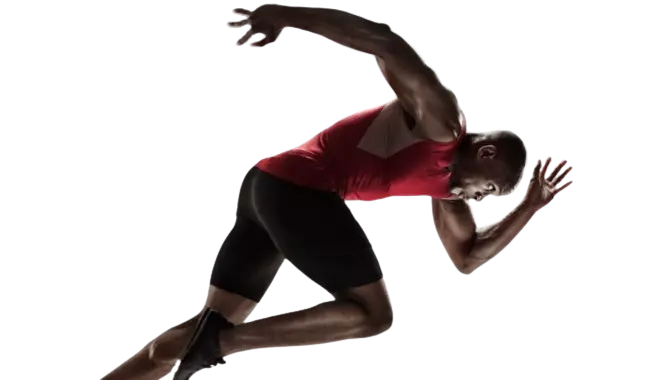- Home
- About
- Treatments
Surgeries And Treatments
Knee Replacement Surgery
Knee Pain Management
Shoulder Pain Evaluation
Knee Preservation
Ligament Injuries / Arthroscopic Surgeries
- Anterior Cruciate Ligament (ACL) Reconstruction
- Posterior Cruciate Ligament (PCL) Reconstruction
- Medial Collateral Ligament (MCL) Repair
- Lateral Collateral Ligament (LCL) Reconstruction
- Arthroscopic Meniscus Repair
- Arthroscopic Rotator Cuff Repair
- Ankle Ligament Reconstruction
- Elbow Ligament Reconstruction (Tommy John Surgery):
Hip Replacement Surgery
Fractures and Trauma Surgery
- Open Reduction Internal Fixation (ORIF)
- Closed Reduction Internal Fixation (CRIF)
- External Fixation
- Intramedullary Nailing
- Plating and Screws
- Bone Grafting
- Joint Reconstruction
- Minimally Invasive Fracture Surgery
- Reconstructive Surgery
- Pelvic Fracture Stabilization
- Fracture Debridement and Cleaning
- Rehabilitative Procedures
Sports Injury Management
- Anterior Cruciate Ligament (ACL) Reconstruction
- Meniscus Repair or Resection
- Rotator Cuff Repair
- Labral Repair
- Fracture Repair
- Cartilage Restoration
- Achilles Tendon Repair
- Tendon Transfer
- Joint Replacement
- Ankle Ligament Reconstruction
- Elbow Ulnar Collateral Ligament (UCL) Reconstruction (Tommy John Surgery)
- Stabilization Procedures
Spine Surgery
- Discectomy
- Laminectomy
- Spinal Fusion
- Microdiscectomy
- Artificial Disc Replacement
- Foraminotomy
- Vertebroplasty and Kyphoplasty
- Anterior Cervical Discectomy and Fusion (ACDF)
- Posterior Cervical Fusion
- Spinal Cord Stimulator Implantation
- Endoscopic Discectomy
- Interspinous Process Spacer (X-STOP)
- Percutaneous Vertebroplasty and Balloon Kyphoplasty
- Others
- Articles
All Important Categories
Dr Gautam Gupta Specialized
Orthopaedical
- Contact Us






